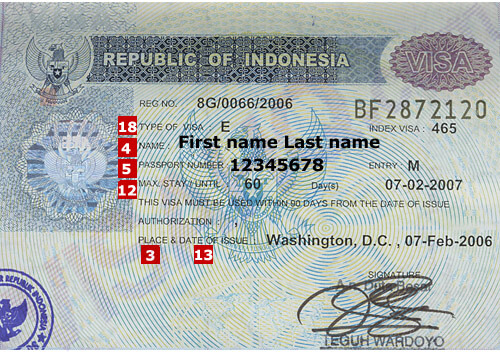Indonesia Embassy list in Gambia
Need help?Chat with us
Why Trip Registration at the Indonesia Embassy is Important
Registering your trip with the Indonesia embassy is crucial for ensuring your safety and maintaining effective communication during your travels. By registering, you allow the embassy to provide timely support in emergencies such as natural disasters, political unrest, or medical emergencies. For instance, during an earthquake, the embassy can quickly reach registered travelers to offer assistance and provide information about safe zones and evacuation routes. In cases of political unrest, being registered enables the embassy to communicate essential updates effectively and coordinate emergency evacuations if needed. Furthermore, if you experience a medical emergency, your registration helps the embassy assist you in locating nearby healthcare facilities and navigating the local healthcare system. Overall, registration enhances your security and facilitates a swift response to any unforeseen circumstances while traveling abroad.
Indonesia Embassy FAQs
Can the Indonesia embassy assist in legal issues abroad?
Yes, the Indonesia embassy can offer guidance and support for legal issues abroad, including providing a list of local lawyers and information on local laws.What should I do if I lose my Indonesia passport in Gambia?
If you lose your Indonesia passport in Gambia, you should report the loss to the local police and contact the embassy for assistance in obtaining a replacement passport.Are there specific document requirements for legal assistance?
Yes, you may need to provide identification, documentation related to your legal case, and any police reports if applicable.Does the embassy provide notary services?
Yes, the embassy may provide notary services for certain documents; please check with the embassy for specific details and requirements.What kind of travel alerts does the embassy issue?
The embassy issues travel alerts regarding safety concerns, health advisories, and local laws to help Indonesian citizens stay informed during their travels.
Services Provided by Indonesia Embassies in Gambia
Passport Services
- Issuance of new passports
- Renewal of existing passports
- Lost passport replacement
Visa Issuance for Foreign Nationals
- Processing visa applications for foreign nationals wishing to travel to Indonesia
Assistance in Legal or Medical Emergencies
- Guidance and support in legal matters, including connections to local lawyers
- Assistance in medical emergencies and finding local healthcare facilities
Travel Alerts and Safety Updates
- Issuing travel alerts regarding safety concerns, political situations, and health advisories
Support for Nationals Detained Abroad
- Providing support and assistance for Indonesian citizens detained in local jurisdictions
Summarized Diplomatic Presence
The diplomatic presence of Indonesia in Gambia comprises an embassy located in the capital city, Banjul. The embassy plays a crucial role in promoting bilateral relations, offering various services aimed at enhancing cooperation in areas such as trade, culture, and education. Its primary functions include providing assistance to Indonesian citizens, facilitating economic ties, and ensuring the welfare of the Indonesian community in Gambia. By fostering strong diplomatic ties, the embassy contributes to the strengthening of international relations, helping to address common challenges and promoting mutual understanding between Indonesia and Gambia.
